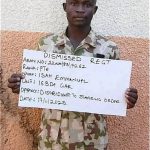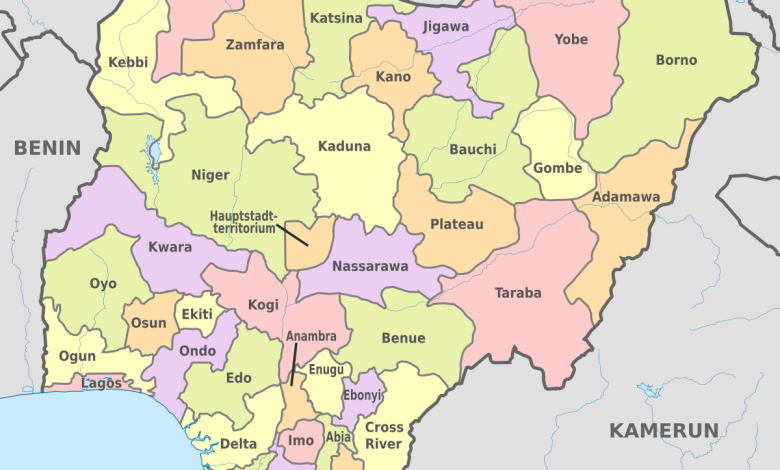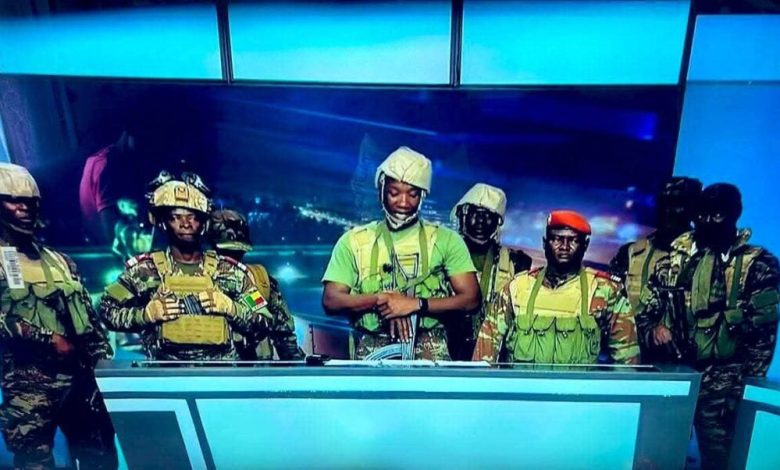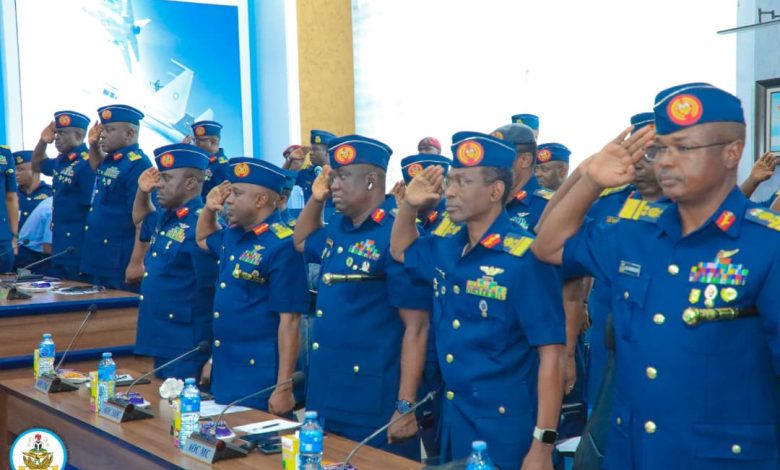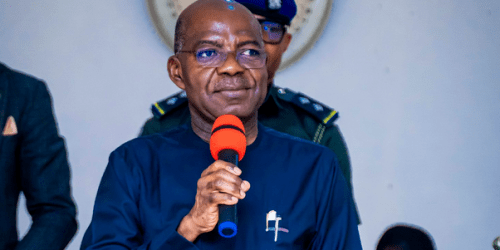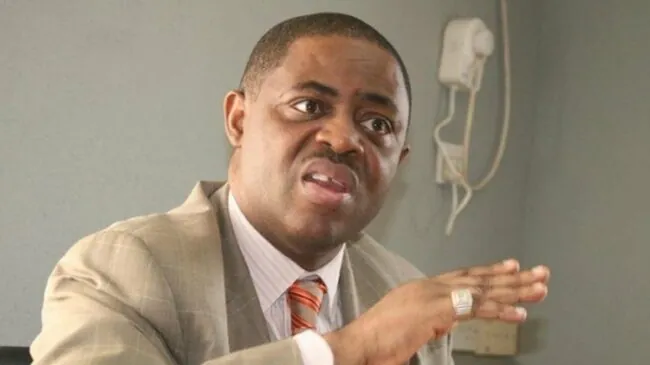The detained leader of the Indigenous People of Biafra (IPOB), Nnamdi Kanu, will today know his fate as the Federal High Court in Abuja delivers judgment in his prolonged legal battle with the Federal Government.
Justice James Omotosho is expected to rule on several applications filed by both parties, including Kanu’s challenge to the competence of the terrorism charges against him and his request for release on the grounds of alleged unlawful detention and violation of his fundamental rights.
Kanu, who has been in the custody of the Department of State Services since June 2021 following what his lawyers describe as “extraordinary rendition” from Kenya, is facing seven terrorism-related charges bordering on incitement, running an unlawful organisation and actions deemed threatening to national security, allegations he denies.
In a fresh motion, the IPOB leader argued that the Terrorism Prevention and Prohibition Act under which he was being tried had been repealed.
He urged the court to strike out the charges, stating that they “disclosed no offence known to law” and were therefore a nullity.
Kanu also asked the court to expunge the “purported plea of not guilty” entered for him, claiming it was obtained under deception and in defiance of the Supreme Court’s ruling.
He further sought an order setting aside all subsequent proceedings and directing his immediate release.
Judge Faults Kanu For Failing To Open Defence
Justice Omotosho, however, noted that Kanu had failed to utilise the six days allocated to him to open his defence after the prosecution closed its case on June 19, 2025.
The judge stated that the court could not be accused of denying him a fair hearing after granting multiple adjournments at the instance of the defence for cross-examination of witnesses.
He recalled that the defendant’s no-case submission had earlier been dismissed, and he was directed to open his defence — a directive Kanu initially agreed to but later abandoned, insisting that his trial was invalid.
Omotosho said, “The defendant has not demonstrated seriousness in the proceedings. I personally appealed to him in God’s name to present his defence and engage counsel.”
Citing Supreme Court authorities, he held that where a defendant fails to take advantage of an opportunity for fair hearing, the court cannot compel him to enter a defence.
He ruled that Kanu had effectively waived his right to defence, paving the way for the court to fix a date for judgment.
Justice Omotosho noted that although the case was filed in 2015, it suffered delays before being re-assigned to his courtroom this year, where it received an accelerated hearing.
The prosecution presented five witnesses and tendered several exhibits before closing its case.
The matter, marked by numerous adjournments, motions, appeals and counter-applications from both sides, now hinges on today’s judgment, which will determine whether Kanu walks free or remains on trial for terrorism-related offences.




